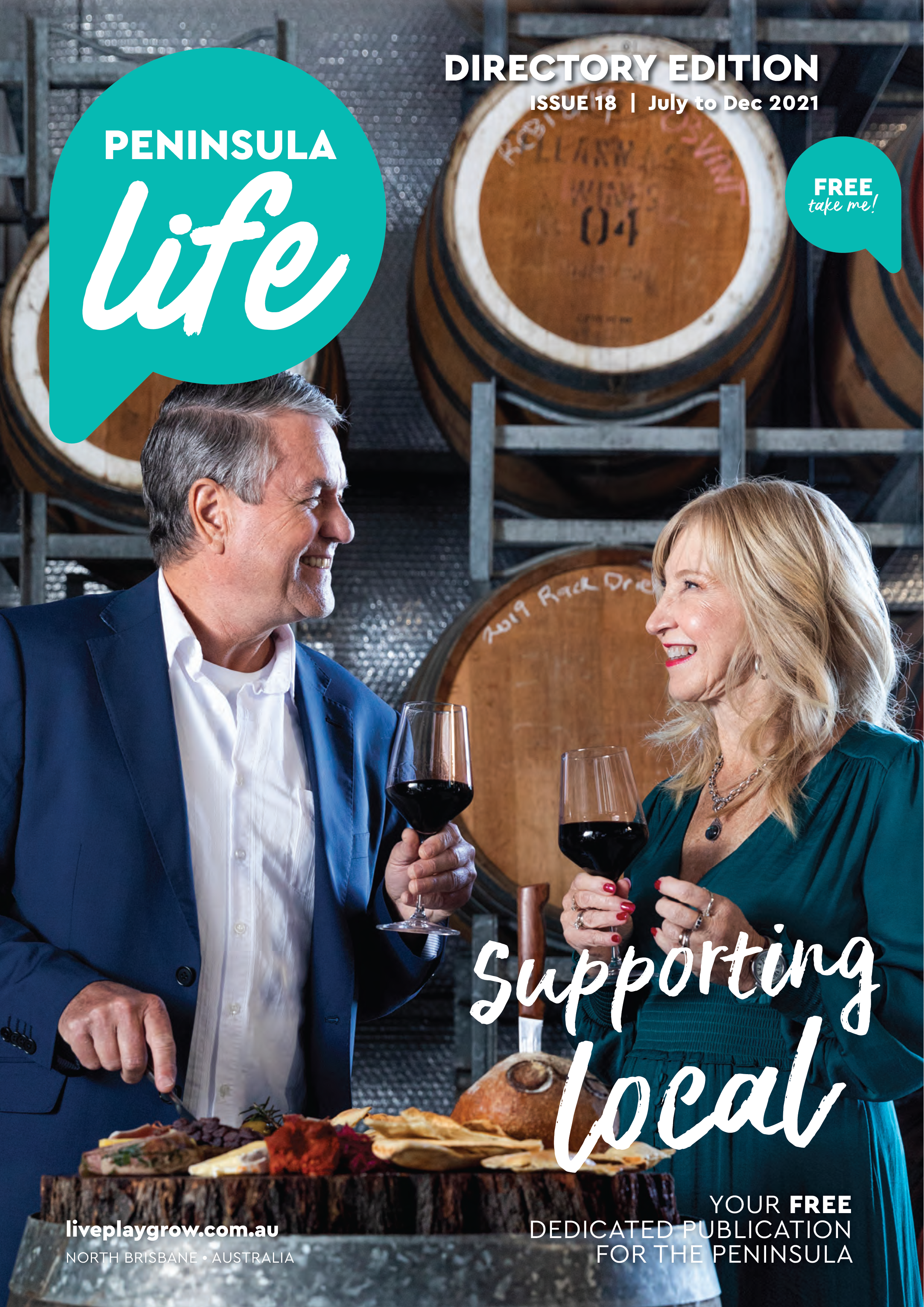Ready to shift some weight this year but don’t know where to start?
For many people, finding the right food fit for weight loss can be confusing. In a world of buzz words likelow-carb, keto, intermittent fasting and paleo, you might find yourself a little overwhelmed, however, the secret to weight loss success is simple.
Ready for it?… It’s time to ditch the buzz words and find what is the right food fit for YOU.
FIND A FOOD PLAN YOU CAN STICK WITH
Low-carb may seem great and sure it can create results, but can you stick to the restrictions long-term? Paleo has great points by promoting whole foods in their unprocessed form, but does this work for your lifestyle, budget and taste buds?
When looking to lose weight, you need to build a food plan that you can see yourself on in days, weeks, months, and years to come. Weight loss should be about changing your habits, not about having to fit into a plan that doesn’t work for you.


DITCH THE DIET FOR GOOD
Ditching the diet doesn’t mean giving up on your plans or throwing those good intentions out the door. It means ditching the restrictions that you can’t sustain, ignoring the buzz words and instead following tried, tested, and SUSTAINABLE changes to get you to your goal.

DIET-FREE TIPS TO LOSING WEIGHT
Put less in than you put out
It is important if you are trying to lose weight to consume a little less calories each day than your body needs normally. It is this deficit in energy that encourages your body to use stored body fat for fuel.
How can you do this?
- Watch your portion size of protein (you can easily eat too much) and choose lean meat types with the fat cut off.
- Cut out the ‘discretionary’ foods (commonly known as junk foods or little sneaky extras) and do not drink your calories by consuming soft drink, alcohol or juices.
- Eat less refined carbohydrates such as sugar, white bread and white rice, and focus on portion controlled wholegrains instead.
- Make half of your main meals salad or colourful vegetables. This can drastically reduce your calorie intake while still allowing you to enjoy the foods you love – just in a smaller portion.
- Use a calorie tracker to make sure you are meeting (and not exceeding) your energy needs. Apps like MyFitnessPal or websites like Calorie King can help.
Move more
As covered, you need to be in a calorie deficit to lose weight so it’s no surprise that moving more can speed up your results. Exercise increases your energy output, encouraging your body to look for even more fuel and burn body fat faster.
What you eat and how much you eat is the most important aspect of weight loss, but exercise is a great way to turbo charge your results.

Focus on nourishing your body, not depriving it
Here’s the bottom line – restrictive diets VERY RARELY WORK in the long term. Studies show restrictive dieting is in fact a predictor of future weight gain, meaning that people who ‘diet’ tend to gain more weight over time!
To change your habits and lose the weight for good, focus on nourishing your body, eating the right amount of food (not too much), reducing the foods that do not help you achieve your goals and moving a little bit more each day.

Prepare and plan ahead
It is easier than ever to reach for something packaged, quick, or processed to fill your stomach but rarely will this help you achieve your goals. Plan and prepare ahead, have healthy snacks and meals in the fridge and have a backup food source like a handful or nuts and a piece of fruit on hand for when hunger strikes on the run.

Make smart choices
Give your body balanced nutrition every day by eating a variety of nutrient packed foods from each food group in the right quantity.
A healthy eating plan is one that:
- Incorporates fruits, loads of vegetables, a good serve of whole grains, and promotes fat-free or low-fat milk and milk products.
- Includes lean meats, poultry, fish, beans, eggs, and nuts.
- Encourages the use of good fats in small portions such as avocado, olive oil, nuts and seeds.
- Is low in saturated fats (normally from animals), ‘junk’ food, trans fats, unhealthy cholesterol, salt (sodium), and is low in added sugars.
want to know more?


Carinda from Fuelled Nutrition & Results is a certified nutritional counsellor (nutritionist) who supports and educates people to make healthy food choices. Not a fan of fads, Carinda focuses on real food in way that works for each person’s unique lifestyle.
Find additional articles and recipes at fuelyourbestself.com.au







